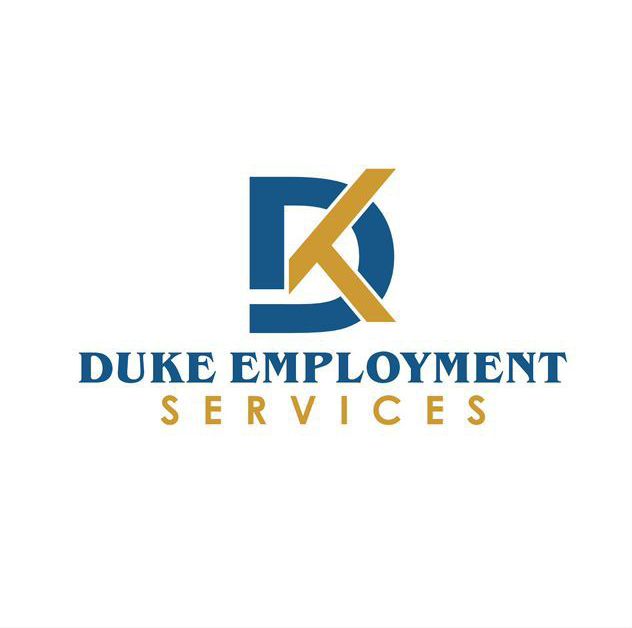Working depending on your status
To begin, it’s essential to examine your visa and work permit. Depending on your background and current profile, you may have the opportunity to work in specific situations.
Your eligibility for a work permit depends on your particular circumstances, and various types of permits may be available based on your status:
Working Under a Study Permit
For international students in Canada, the opportunity to work while studying can be a valuable experience. To do so, your study permit must have a condition that explicitly allows you to work on or off campus. Here are some scenarios where you can work without a separate work permit:
- On-campus work: As a full-time post-secondary student at a public post-secondary school, you can work on your school campus without needing a work permit. This applies to colleges, universities, trade or technical schools, and CEGEP in Quebec.
- Private post-secondary school in Quebec: If you study at a private post-secondary school in Quebec that follows the same rules as public schools, you can work on or off campus.
- Diploma of vocational studies (DVS) or attestation of vocational specialization (AVS): If you study in a private or public secondary or post-secondary institution in Quebec offering qualifying programs of 900 hours or longer leading to a DVS or AVS, you can work without a work permit.
Working Under an Open Work Permit
An open work permit is a versatile option for foreign nationals. It allows you to work for any employer in Canada for a specified duration. However, open work permits are only issued under specific exemptions, such as the Labour Market Impact Assessment (LMIA) exemptions. There are two types of open work permits:
Unrestricted open work permits: These permits have no occupational or location restrictions, offering you greater flexibility.
Restricted open work permits: These permits may have restrictions based on factors like your medical status or work permit category. Location restrictions may apply, depending on the work permit category, such as the provincial nominee class.
Working Under an Employer-Specific Work Permit
If you have a specific job offer in Canada, you may need an employer-specific work permit. To obtain one, your employer must provide you with a copy of your employment contract and either a copy of an LMIA or an offer of employment number for LMIA-exempt workers. This type of permit allows you to work in Canada according to the conditions specified on your work permit. The dpcument also includes the employer’s name, duration of work, and location (if applicable).
Working with a Tourist Visa
It’s important to note that a visitor visa does not grant you the right to work in Canada. Engaging in commercial activities that directly enter the Canadian labour market while visiting as a tourist is prohibited. However, if you are in Canada as a visitor and receive a valid job offer, you can apply for a work permit without leaving the country.
An ETA is required for air travel to Canada, but it does not grant authorization to work or study in the country. If you plan to work or study in Canada, you must apply for a separate work permit or study permit before your trip. If your permit is approved, you will automatically receive an ETA, which is essential for boarding your flight to Canada.
As you can see, it’s crucial to understand the specific work permits and regulations that apply to your status. Whether you’re an international student, a visitor with a job offer, or seeking employment in Canada, following the appropriate procedures and obtaining the necessary permits will ensure a smooth transition into the Canadian workforce.

